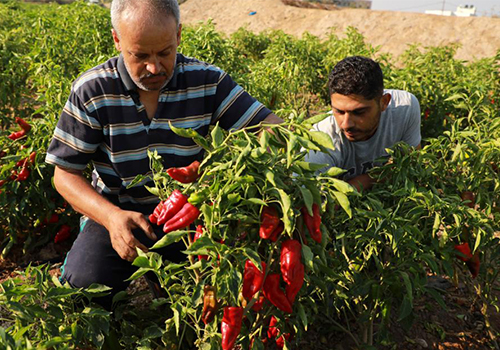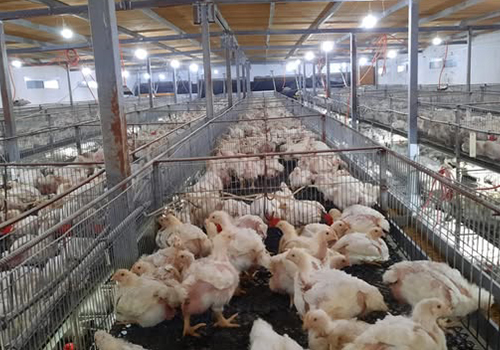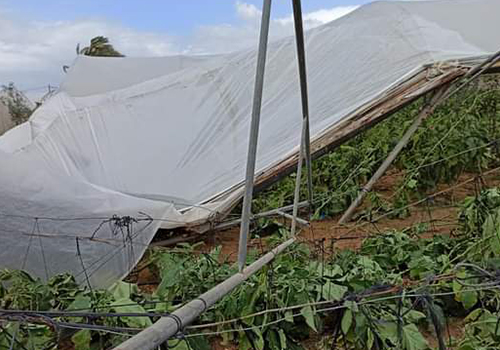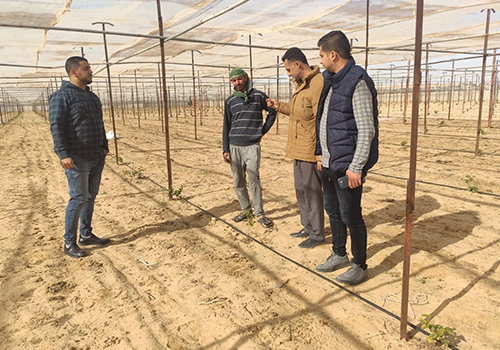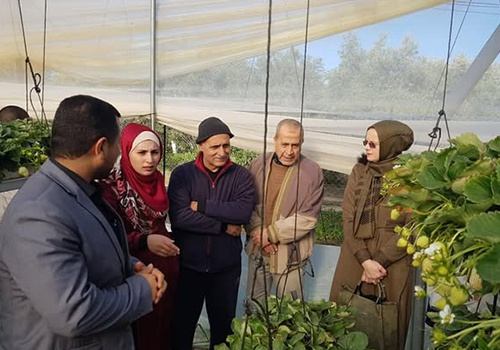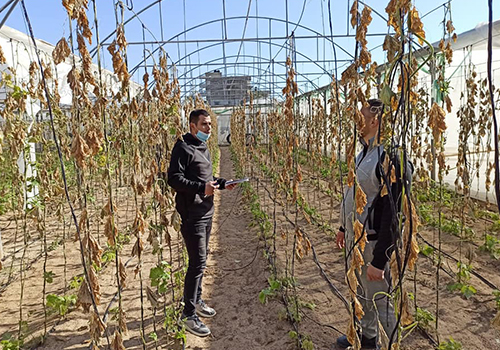





Agricultural Rehabilitation Organization



Ain Al-Qatar
Ain Al-Qatar Agricultural Rehabilitation Organization
It was founded based on a shared vision by a group of farmers with different specialties—vegetable and fruit farmers, landowners, sheep and cattle breeders, and environmental practitioners—to become a “leading agricultural institution” in promoting economic, social, and environmental development for its members and the local community in Al-Salam neighborhood.



Our Goals
Organization Objectives

Contribute to achieving food
achieving food security through plant, animal, and poultry production.

Promote sustainable agricultural
Promote sustainable agricultural sector development.

Help farmers
Help farmers reduce production costs and increase productivity.

Develop farmers’ skills
Develop farmers’ skills and improve their production capacity.

Our Programs
Main Programs
Organic Production Program
Livestock Development Program
Vocational Training Program
Agricultural Marketing Program
Environmental and Sustainable Development Program
Agricultural Empowerment and Participation Program
Chairman of the Board
We faced many challenges at the beginning, from limited resources to lack of institutional support, but we held on to the values of cooperation and integration, relied on our members’ capacities, invested in local expertise, and made use of available unconditional support without compromising our independence or institutional identity.
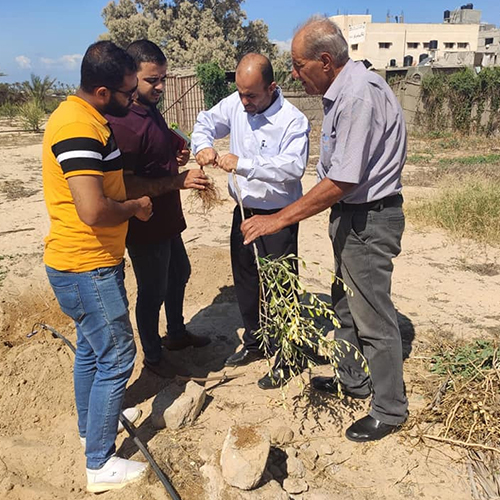
War Damages
Rafah is among the areas most affected by the war, particularly in:
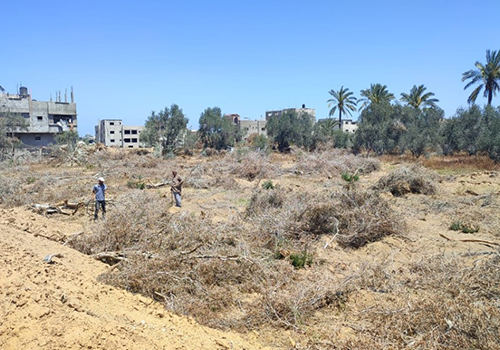
Agricultural Lands
A large part of the farmland in Rafah has become inaccessible or unusable due to bombing and destruction. Parts of the crops were destroyed, damaged, or left uncultivated due to insecurity, lack of labor, or destroyed infrastructure.
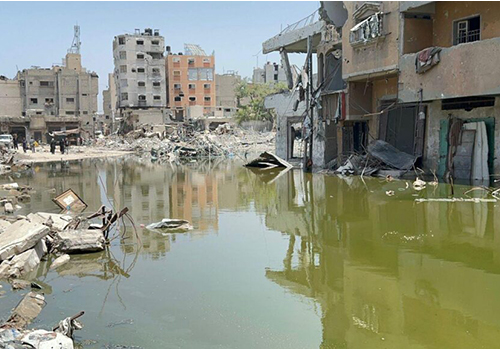
Wells and Irrigation Systems
Agricultural wells and related water infrastructure (pumps, distribution, drip irrigation, etc.) were heavily damaged due to airstrikes, landmines, and power cuts affecting water pumping.
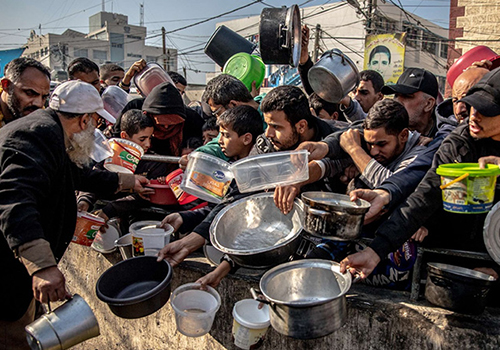
Food Security and Livelihoods
Due to crop and infrastructure destruction and restricted land access, local food production has become very weak, increasing reliance on aid. Food crises have intensified, prices have risen, and the agricultural community faces loss of income and jobs.

